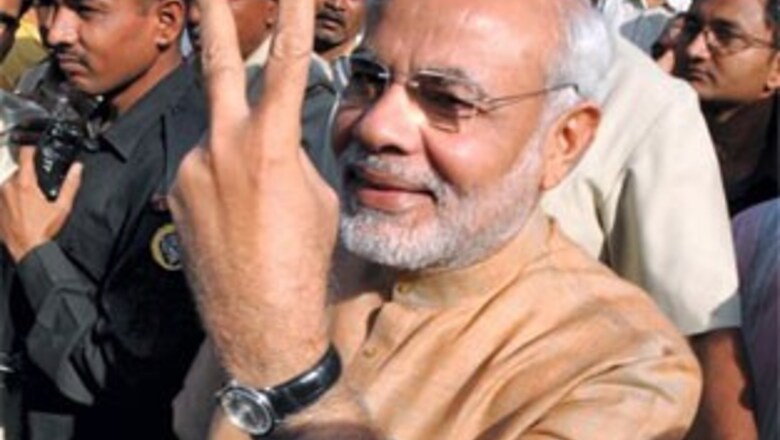
views
Mumbai: Millions of electorates began voting in the third round of teh 15th General Election on Thursday in several states seen as key to the Bharatiya Janata Party's (BJP) bid to win power from the Congress-led ruling coalition.
The financial hub Mumbai began voting just months after an attack by Islamist gunmen that killed 166 people and inflamed tensions with nuclear-armed Pakistan, a security issue the BJP has used to criticise the government for being soft on terrorism.
The BJP appears to be trailing its main rival in a staggered, month-long election that could produce a weak coalition government as India grapples with the global economic slowdown and a spate of militant attacks in the past year.
More than 144 million people were eligible to vote on Thursday in a round that covers BJP strongholds in western and central India, as well as the insurgency-hit Kashmir valley.
The BJP will hope to get a big haul in Gujarat where one of the party's biggest stars, the Chief Minister Narendra Modi, has been touted as an exemplar of the party's campaign of development and good governance.
Both main parties may need the support of regional players to form a government after the world's largest democratic exercise, in which 714 million people from a myriad of castes, religions and ethnicities can vote, ends on May 13.
While main vote battle is between Congress and the BJP, a coalition of smaller parties known as Third Front has an outside chance.
That worries many investors who see the bloc as an unknown quantity if it comes to power.
The BJP needs to fulfil its potential in stronghold states such as Gujarat, Madhya Pradesh and Karnataka on Thursday to boost its chances of forging a winning coalition, said Swapan Dasgupta, a political analyst with links to the party.
Opposition strongholds
"All in all, it's a big day for the BJP. They're fighting in their strongholds or places where they feel they can make inroads," he said.
The BJP scored a narrow victory over Congress in Gujarat, which counts for 26 out of 543 seats in Parliament.
Modi, tipped to eventually take over from the party's candidate for prime minister, the 81-year-old L K Advani, is seen as the driving force behind Gujarat's economic success story and appeals to the party's large Hindu vote bank nationwide.
PAGE_BREAK
The BJP will hope to build on what the business-friendly Modi achieved at state level.
But Modi's image - and the BJP's - may be tarnished as he is under investigation for allegedly turning a blind eye to some of the worst religious riots, in which around 2,500 people died in Gujarat in 2002.
Advani is running in his constituency in Gujarat, which is among nine states voting on Thursday.
Others include Uttar Pradesh, Bihar and West Bengal along with Jammu and Kashmir.
A steady trickle of voters arrived as booths opened in the posh southern tip of Mumbai, many of whom incorporated the election into their morning jogging or walking routines.
Dressed in sweats, billionaire Anil Ambani, chairman of Reliance Communications Ltd, voted just a few streets away from where militants struck some of the city's most famous landmarks on November 26 last year In the affluent Cuffe Parade area, the attacks could drive historically unenthusiastic upper-class voters to join the queues, unlike millions living in the teeming slums who will likely vote for issues such as development.
"I would have never voted if it hadn't been for 26/11. I think it's shaken all of us and the performance by our MPs has been dismal." said Devang Vyas, a 39-year-old manager. "I'm voting for change."
Maoist violence hit the first two rounds of voting in the April-May General Election, killing at least 21 people as rebels targeted police and polling officials.
West Bengal has deployed more than 19,000 paramilitary forces. But as polls opened, a blast at a school in Maoist-hit Purulia district injured one paramilitary man.











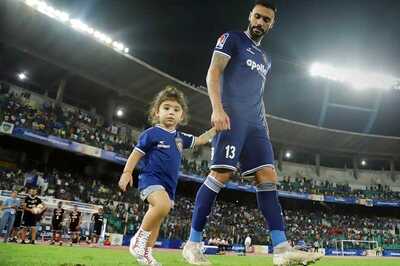


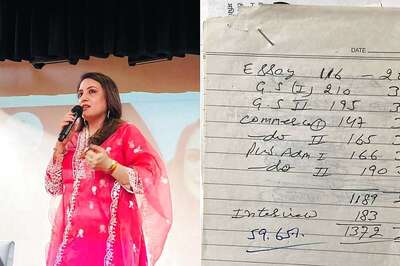

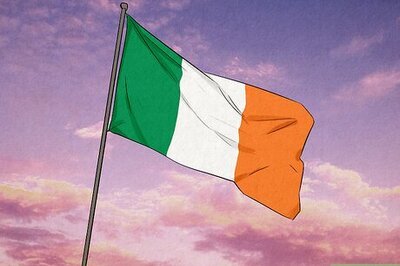
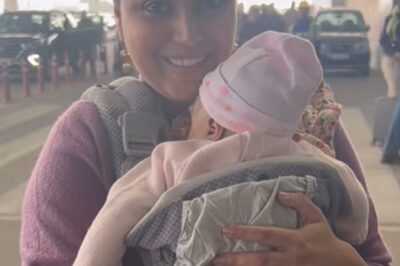

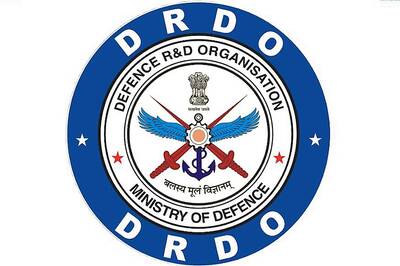
Comments
0 comment